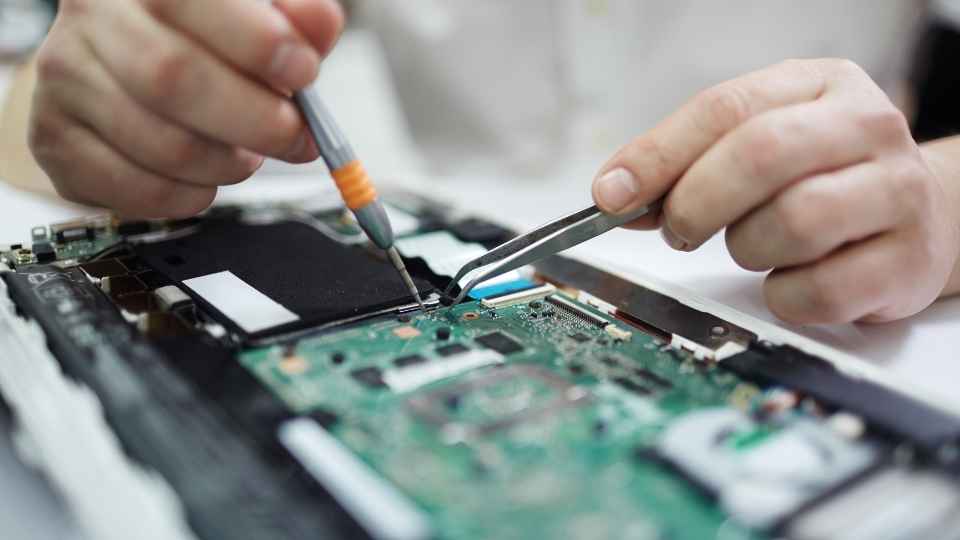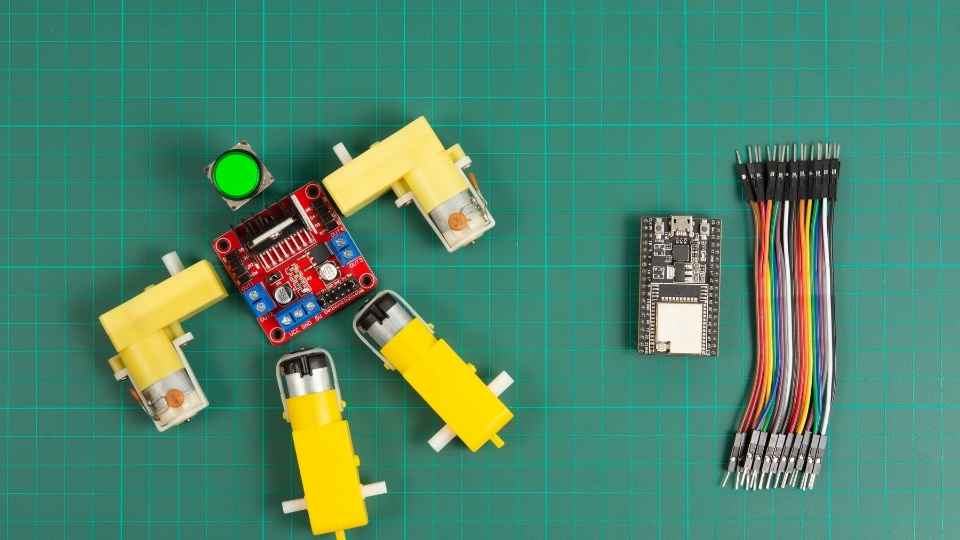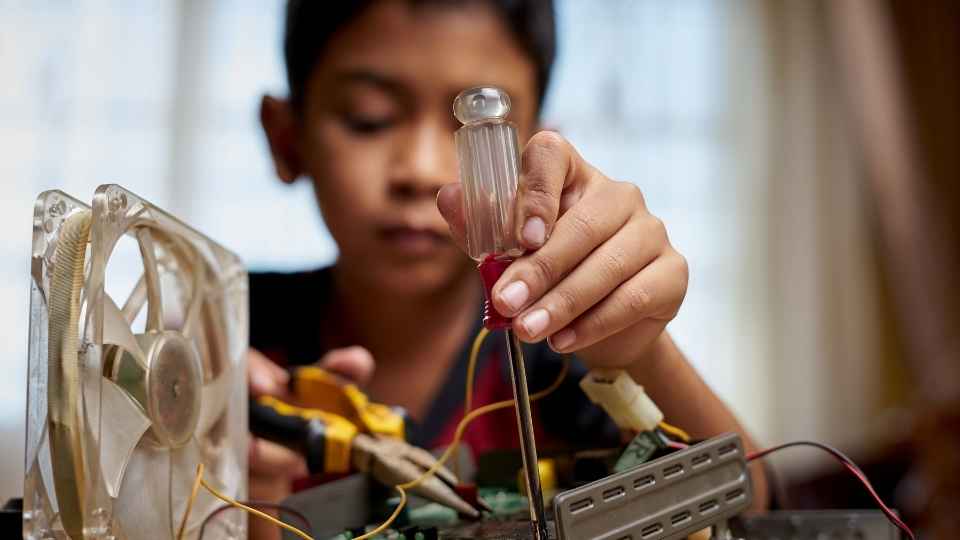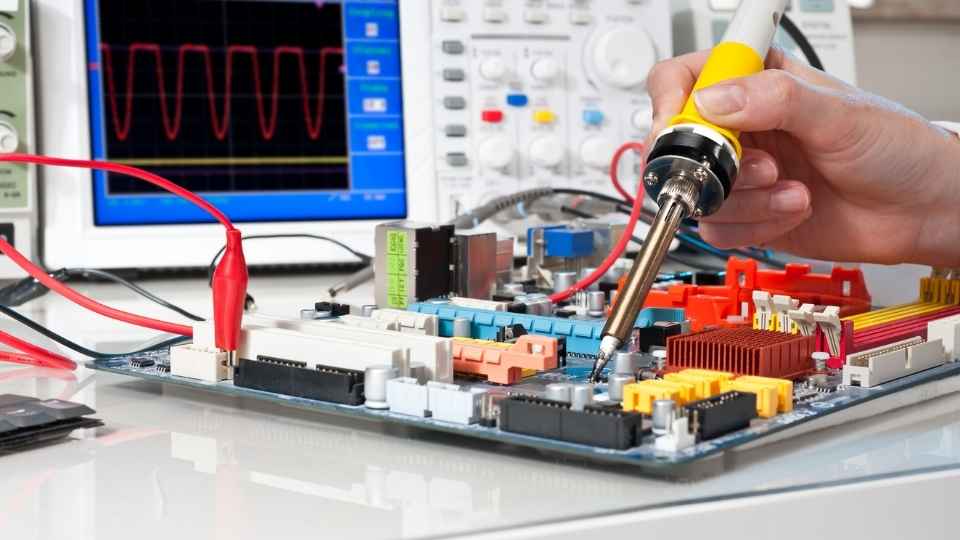
Embark on a captivating journey into the world of DIY electronics, where possibilities are boundless and knowledge is power. Like a spark igniting a flame, beginner kits serve as the gateway to unraveling the mysteries of circuitry and electronic components.
Paired with the ingenuity of DIY oscilloscopes, these tools become indispensable for enthusiasts seeking freedom in their hands-on exploration.
In this article, we delve into the benefits of beginner kits and explore how DIY oscilloscopes can kickstart your electrifying adventure in the realm of electronics.
Key Takeaways
- Beginner kits provide a practical and hands-on approach to learning circuitry and electrical components without fear of damaging expensive equipment.
- DIY oscilloscope kits offer a practical understanding of electronic signal analysis and measurement through hands-on assembly and experimentation.
- Beginner kits focus on basic concepts and provide clear instructions, while advanced kits offer more complex circuits and components for individuals with prior knowledge in electronics.
- DIY kits enhance electronics skills through step-by-step guides, hands-on experience in soldering and troubleshooting, and the opportunity to explore advanced techniques like PCB design and microcontroller programming.
The Benefits of Beginner Kits for Electronics
Beginner kits for electronics offer numerous benefits, providing individuals with a practical and hands-on approach to learning the fundamentals of circuitry and electrical components. These kits typically include a variety of basic electronic components such as resistors, capacitors, transistors, and LEDs, along with a breadboard for prototyping circuits. By using these kits, beginners can gain a solid understanding of how different components interact and function within an electrical circuit.
One major benefit of beginner kits is the ability to experiment and make mistakes without the fear of damaging expensive equipment. This freedom allows learners to explore their creativity and problem-solving skills while developing their technical prowess. Additionally, beginner kits often come with detailed instructions or online resources that guide individuals through step-by-step projects, helping them build confidence in their abilities.
Moreover, working with beginner kits can spark interest in more advanced areas of electronics as individuals become familiar with basic circuitry principles. The hands-on experience gained from using these kits lays a strong foundation for future exploration and growth in the field of electronics.
Overall, beginner kits serve as an essential tool for those seeking to enter the world of electronics by offering practical learning opportunities and fostering curiosity-driven exploration.

Exploring the World of DIY Oscilloscopes
Exploring the world of self-assembled oscilloscopes can provide individuals with a practical understanding of electronic signal analysis and measurement. DIY oscilloscope kits are designed to offer beginners an opportunity to delve into the fascinating realm of electronics, enabling them to build their own functional and customizable instruments for signal visualization.
DIY oscilloscopes typically come in kit form, allowing users to assemble the components themselves. These kits usually include all necessary parts, such as circuit boards, resistors, capacitors, and connectors. Detailed instructions guide users through each step of the assembly process.
Once assembled, these DIY oscilloscopes provide a valuable tool for measuring and analyzing electronic signals. They typically feature various inputs and controls for adjusting parameters such as voltage scale, time base, trigger level, and waveform display options. This enables users to explore different types of signals and gain hands-on experience in analyzing waveforms.
Getting Started With DIY Electronics: Beginner Kits Vs. Advanced Kits
When considering the world of self-assembled electronic instruments, it is important to weigh the benefits and features offered by beginner kits versus advanced kits.
Beginner kits are designed for those who are new to electronics and provide a simplified approach to learning. These kits typically come with pre-soldered components and clear instructions, making them easy to assemble and understand. They often focus on basic concepts such as circuit building and component identification.
On the other hand, advanced kits are geared towards individuals with some prior knowledge in electronics. These kits offer more complex circuits and components that require soldering skills and a deeper understanding of electronic principles. They provide a challenging but rewarding experience for those looking to expand their knowledge and skill set in electronics.
Transition: Now that we have explored the options available with beginner kits versus advanced kits, let's move on to enhancing your electronics skills with DIY kits: a step-by-step guide.

Enhancing Your Electronics Skills With DIY Kits: a Step-By-Step Guide
To enhance your electronics skills and delve deeper into the world of self-assembled electronic instruments, it is important to follow a step-by-step guide that provides a comprehensive approach to learning and understanding complex circuits and components. A well-designed DIY kit can serve as an excellent resource in this regard.
These kits typically come with detailed instructions, schematic diagrams, and all the necessary components required to build different types of electronic devices. By following these instructions carefully, beginners can gain hands-on experience in soldering, circuit assembly, and troubleshooting common issues.
Moreover, a good DIY kit should also include explanations of the underlying concepts behind each component and circuit design. This allows learners to develop a deeper understanding of how different elements interact within an electronic system. As they progress through more advanced projects, individuals can explore additional techniques such as PCB design or programming microcontrollers.
Unleashing Your Creativity With DIY Electronics Projects: Beginner Kits and DIY Oscilloscopes
Unleashing your creativity with hands-on electronics projects allows for the exploration of new design possibilities and encourages experimentation with circuitry and component modifications. Beginner kits are an excellent starting point for those interested in diving into the world of DIY electronics. These kits typically come with all the necessary components and step-by-step instructions, making it easy to get started even for beginners. They provide a structured learning experience that gradually introduces concepts such as soldering, circuit assembly, and troubleshooting.
But if you're looking to take your creativity to the next level, a DIY oscilloscope can be a game-changer. It gives you the freedom to visualize electrical signals in real-time, allowing for precise analysis and measurement of waveforms. With a DIY oscilloscope, you can explore advanced concepts like waveform generation, frequency analysis, and data logging.
Embracing these electronics projects not only helps develop technical skills but also cultivates an innovative mindset that empowers individuals to bring their ideas to life through practical experimentation.
Frequently Asked Questions
What Are Some Common Mistakes Beginners Make When Using DIY Electronics Kits?
Some common mistakes beginners make when using DIY electronics kits include improper soldering techniques, incorrect component placement, inadequate understanding of circuit diagrams, and failure to follow instructions carefully.

Are There Any Safety Precautions to Keep in Mind When Working With DIY Electronics Kits?
Safety precautions are crucial when working with DIY electronics kits. Ensure proper grounding, use insulated tools, and wear protective gear. Regularly inspect equipment for damage or overheating. Follow manufacturer instructions and seek professional guidance if unsure.
Can DIY Oscilloscopes Be Used for Advanced Electronics Projects?
Yes, DIY oscilloscopes can be used for advanced electronics projects. They offer a range of features and functionalities that allow users to analyze complex waveforms and troubleshoot intricate circuitry, making them a valuable tool for experienced electronic enthusiasts.
How Long Does It Typically Take to Complete a Beginner Kit for Electronics?
Typically, the time required to complete a beginner kit for electronics varies depending on the complexity of the project and the individual's proficiency. It can range from a few hours to several weeks.
Are There Any Additional Resources or Online Communities That Can Provide Support for Beginners Using DIY Electronics Kits?
Yes, there are various online resources and communities available that provide support for beginners using DIY electronics kits. These platforms offer forums, tutorials, and expert guidance to assist individuals in their journey of learning and exploring electronics.
 Basic Electronics ConceptsEssential ToolsCircuit Design BasicsMicrocontrollersDIY Electronics ProjectsRoboticsPrivacy PolicyTerms And Conditions
Basic Electronics ConceptsEssential ToolsCircuit Design BasicsMicrocontrollersDIY Electronics ProjectsRoboticsPrivacy PolicyTerms And Conditions
